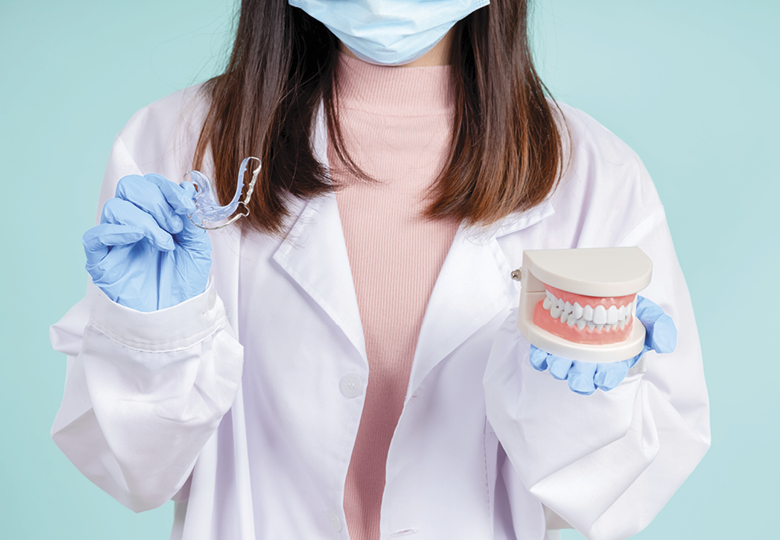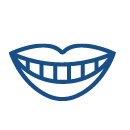
Product Details
The sleep appliance is approved by the FDA and PDAC, and designed to treat snoring and obstructive sleep apnea (OSA). The device consists of two custom-fitted dental plates that fit over the upper and lower teeth. The plates are connected by a specially designed hinge that allows the lower jaw to be moved slightly forward. This feature helps maintain an open airway, which reduces snoring and sleep apnea. The device is easy to insert and remove and is also very easy to clean.
Read Documentation

Oral Appliance Treats Conditions Including:
Obstructive Sleep Apnea (OSA)
A disorder that disrupts breathing during sleep.Rest Easier With the Facts

Use this comfortable appliance instead of your CPAP.
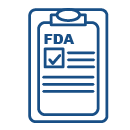
FDA-Approved
FDA-cleared products for treating sleep apnea.
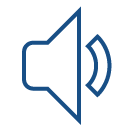
Quiet
Using an oral appliance may be more comfortable during sleep.

May Be Covered by Insurance
Most insurers cover* this device for qualified beneficiaries, including Medicare. *subject to applicable copays and deductibles.
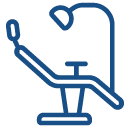
Dentist-Provided
Work with your CSS sleep dentist to get fitted.

Travel-Ready
Pack it in your toiletries bag for your next trip.

Easy to Use
Simply slide on the oral appliance when you are ready for bed.
Disclaimer: Information appearing on this website about the above device is being provided for your convenience only. The complete information about this device should be obtained from the manufacturer.
-
Frequently Asked Questions
-
Expand All
Collapse All
How do I get an oral device?
Toggle
You will need an order/prescription for an oral device from your treating healthcare provider after a sleep test and evaluation. CSS sleep specialists will then work with your prescriber to determine if an oral appliance is a good solution for your condition.What is OSA?
Toggle
Obstructive Sleep Apnea (OSA) is a serious but treatable medical illness, defined as “disordered breathing during sleep due to a partial or complete collapse of the upper airway, which causes pauses in breathing or shallow breathing.” OSA leads to low oxygen levels (desaturation), sleep fragmentation, and potential associated diseases.How does sleep apnea negatively affect your health?
Toggle
- Pauses in breathing activate the sympathetic nervous system, causing:
- Increased heart rate
- Peripheral blood vessel constriction
- Increased brain wave activity, affecting the brain’s ability to get adequate rest
- Above stressors contribute to high blood pressure
- Fragmented sleep, resulting in daytime sleepiness
- Reduction of airflow into the lungs, impacting oxygen levels
View more information on sleep apnea medical conditions.
Is this covered by my Health Insurance?
Toggle
Our oral appliance is eligible for insurance coverage. We accept a wide array of insurance providers for qualified individuals, including Medicare. - Pauses in breathing activate the sympathetic nervous system, causing:
-
User Guides
-
User Guides

Documents


